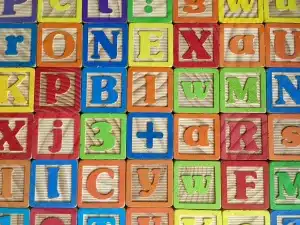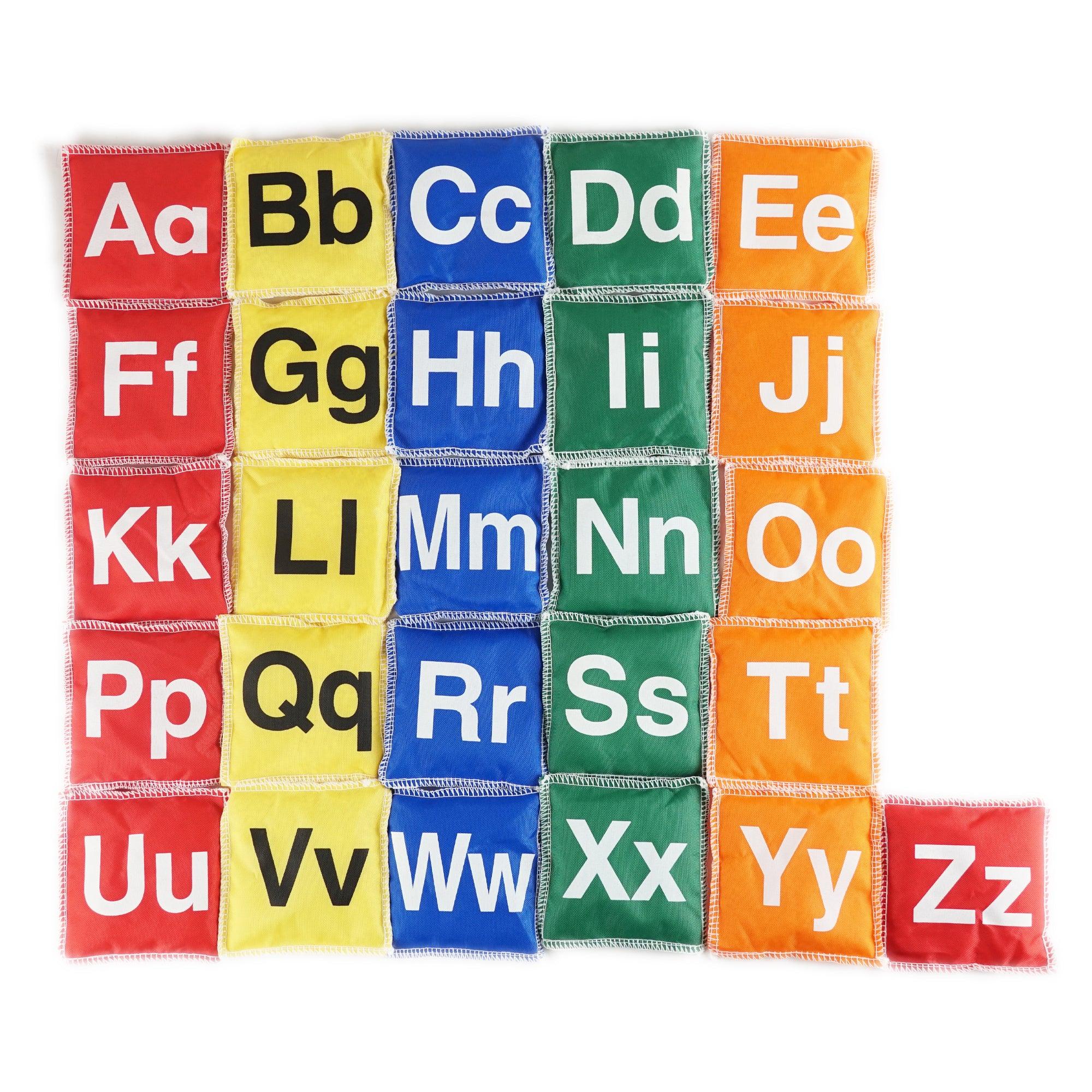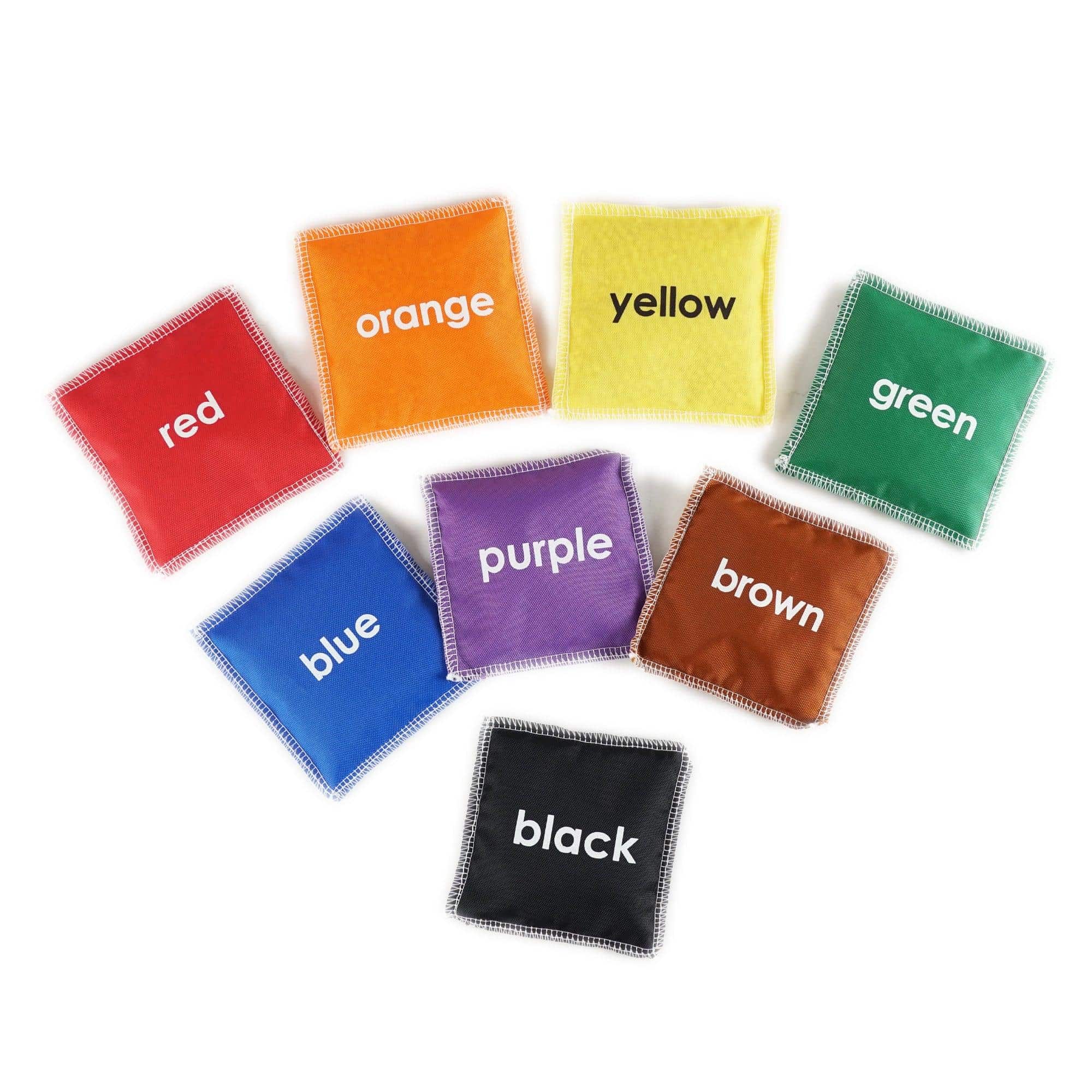The Benefits of Playing with Building Blocks for Language Development
Introduction
In today’s digital age, where children are often engrossed in screens and electronic devices, it’s important to remember the value of hands-on, traditional toys like building blocks. While these seemingly simple toys may appear basic, they play a crucial role in a child’s overall development, especially in enhancing their language skills. In this article, we will explore the numerous benefits that playing with building blocks can offer in terms of language development.
Features
- Enhances Vocabulary: Building blocks provide an opportunity for children to learn and practice various words related to shapes, sizes, colors, and structures.
- Promotes Communication Skills: Playtime with building blocks encourages children to verbalize their thoughts and ideas, fostering communication and expressive language development.
- Supports Cognitive Growth: Manipulating and arranging blocks promotes critical thinking, problem-solving, and spatial awareness, ultimately aiding in language comprehension and logical reasoning.
- Encourages Storytelling: Building blocks pave the way for imaginative play, enabling children to construct narratives and act them out, thereby strengthening their storytelling abilities and narrative skills.
- Grows Social Interaction: Playing with building blocks often involves collaboration and helps children develop important social skills such as turn-taking, sharing, and cooperation.
- Expands Creativity: Blocks offer unlimited possibilities and encourage children to think outside the box, fostering creative thinking and imagination.
- Improves Fine Motor Skills: Children develop their hand-eye coordination and fine motor skills through assembling, stacking, and manipulating blocks, which are essential for writing and other daily tasks.
- Boosts Confidence: Achieving success in building structures with blocks builds self-confidence in children, motivating them to explore and take risks in their language development journey.
- Provides Multisensory Learning: Building blocks engage multiple senses, including touch, sight, and sound, promoting experiential learning and reinforcing language associations.
- Facilitates Pre-Literacy Skills: As children play with blocks, they become familiar with shapes, patterns, and numbers, preparing them for later literacy tasks such as reading and writing.
The Importance of Play in Language Development
Play is a child’s natural way of learning and interacting with the world around them. Through play, children acquire and refine various skills, including language development. Building blocks, being open-ended toys, offer an ideal platform for children to engage in creative and exploratory play, fostering the growth of language skills in several ways.
Exploring Vocabulary with Building Blocks
Playing with building blocks introduces children to an array of new vocabulary. As they discuss colors, shapes, sizes, and patterns, they expand their vocabulary and improve their descriptive language. For instance, words like “tower,” “rectangle,” “curved,” and “tall” become part of their linguistic repertoire.
Promoting Communication through Building Blocks
When children play with blocks, they often engage in collaborative play, working together to build structures. This interaction promotes communication as they negotiate ideas, express their thoughts, and ask questions. Communication skills honed through block play include listening actively, sharing ideas, and seeking clarification.
Critical Thinking and Problem Solving
Building blocks require children to think critically and solve problems. As they construct various structures, they encounter challenges and find ways to overcome them. This process of trial and error enhances their cognitive abilities, encouraging them to think logically, plan ahead, and troubleshoot. These problem-solving skills translate directly into language development, as children learn to organize their thoughts, analyze information, and express themselves effectively.
Building Blocks and Storytelling
Blocks can serve as the building blocks (pun intended) for imaginative play and storytelling. Children can create narratives around the structures they build, assigning roles to different blocks and characters. This storytelling helps develop their creativity, narrative skills, and understanding of sequencing.
Promoting Social Interaction
Playing with building blocks often involves group play, which fosters social interaction and cooperation. Children learn to work as a team, take turns, share ideas, and collaborate. These social skills are crucial for effective communication, as language is a social tool that requires interaction and engagement.
Conclusion
In conclusion, the benefits of playing with building blocks for language development are vast. From expanding vocabulary and promoting communication to enhancing critical thinking and problem-solving skills, these simple toys offer invaluable opportunities for children to grow and excel in their linguistic abilities. By encouraging hands-on play with building blocks, parents, educators, and caregivers can actively support and nurture the language development of children, setting them up for success in future academic and social endeavors.





